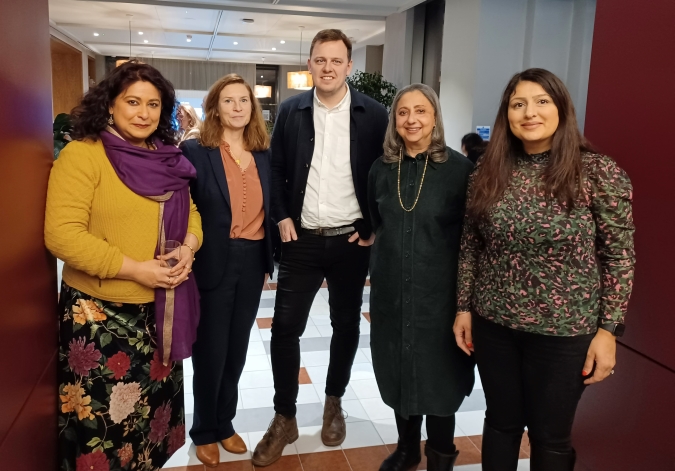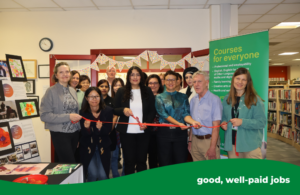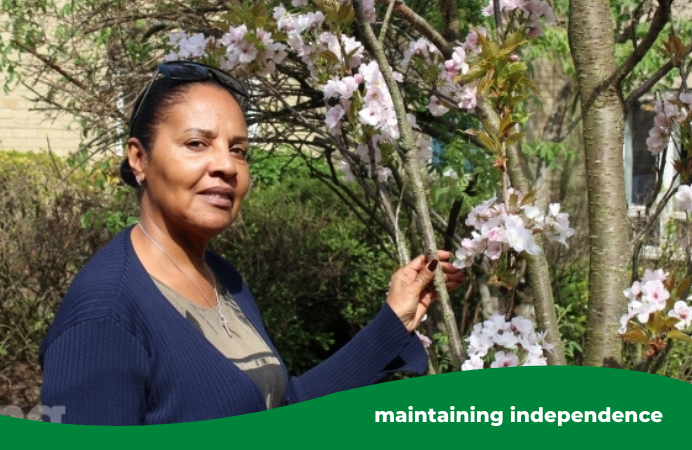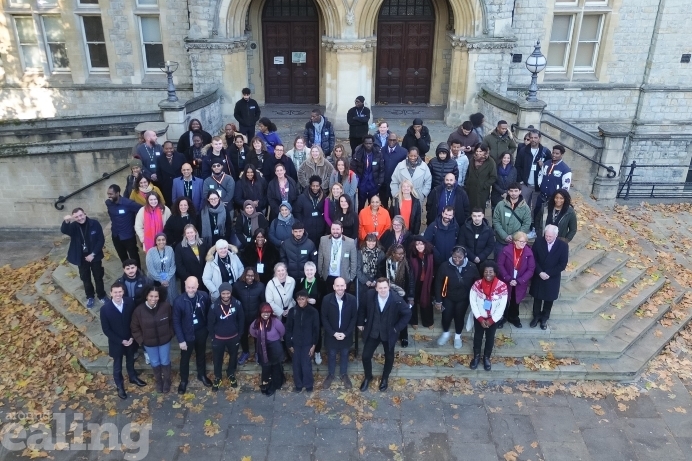Ealing’s Cultural Education Partnership (CEP) has launched a new arts charter to develop arts and culture in Ealing schools.
The charter was developed and co-created by the CEP with experts in education, youth services, arts organisations and Ealing teachers and headteachers.
Schools can sign up to a new programme that demonstrates their commitment to the arts within education. The charter comes with an outline of 11 commitments that provide a foundation for schools to develop their own creative learning programme, adding their own commitments to tailor it to their individual school plan.
Leader of the council, Councillor Peter Mason said: “Our vision for Ealing is to ensure that culture informs everything we do. Based on our values of inclusivity and community empowerment, the arts charter is a fantastic opportunity to expand the cultural horizons of all young people in Ealing.
“We want to encourage an educational environment that allows children to participate and nurture their talent, whether through composing a piece of music, a poetry slam, a dance workshop or increasing their ability to appreciate art through trips to a museum or gallery. The arts encourage new and conceptual ways of thinking, that provide valuable life skills.”
In signing-up to the arts charter schools will be invited to join a programme of dedicated support, provided by the CEP team, who will guide each school through the process of identifying how they are already meeting, or how to start working towards meeting the ambitions of, the Arts Charter through their own Pupil Experience Guarantee (PEG). The PEG will assist schools in gaining clarity in their commitment to fulfil the ambitions of their arts charter for each academic year.
Cabinet member for a fairer start, Councillor Kamaljit Kaur Nagpal said: “We all know how important cultural enrichment is to and for young people. Not only does it open them up to the world around them, encouraging them to ask questions, consider opinions and form their own, but the impact that art and culture have on young people has been proven time and again. It leads to higher levels of optimism; a greater sense of peer belonging; reduces loneliness; increases resilience to stress and strengthens their mental health.
“It also shows that there is so much more to education than traditional subjects and opens another door of learning, inspiring young people to reach their full potential and ultimately lead to happier futures.”





